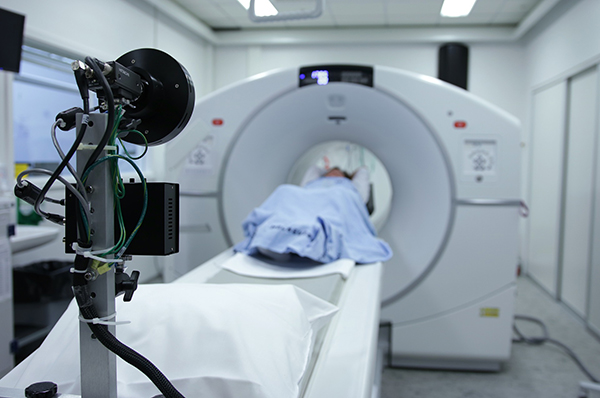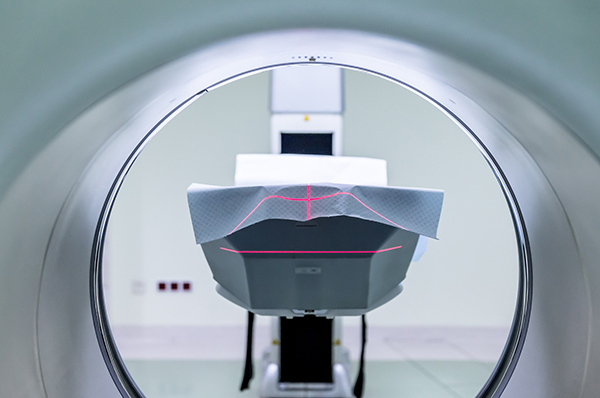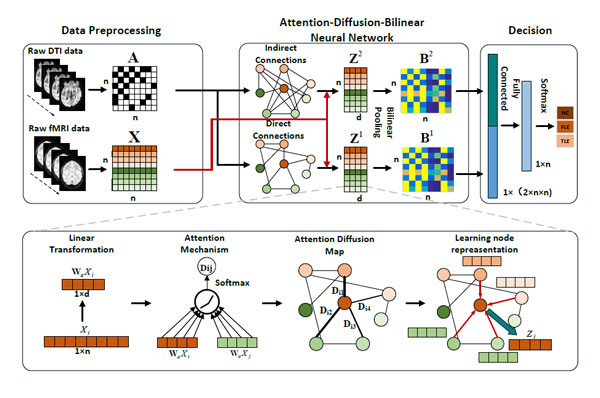Category: Digital health imagine
News & events
-

Leading digital infrastructure
Underpinning our leading AI research, we will expand on the AIS platform, designing and implementing…
-

Explainable AI
In this project, we will study the research area “explainable AI” that enables the outputs…
-

Imaging enhancement using AI
This project aims to exploit advanced AI technologies to enhance the quality of MRI data…
-

Imaging biomarkers from AI federated learning
This MRFF project seeks to build a novel, hybrid AI learning ecosystem to generate clinically-relevant…
-

Human intelligence in AI loop
In this project, we will investigate how to introduce human intelligence in the loop when…
-

Imaging analysis and AI
In this project, we will focus on cohesively developing advanced AI technologies to revolutionise imaging-based…